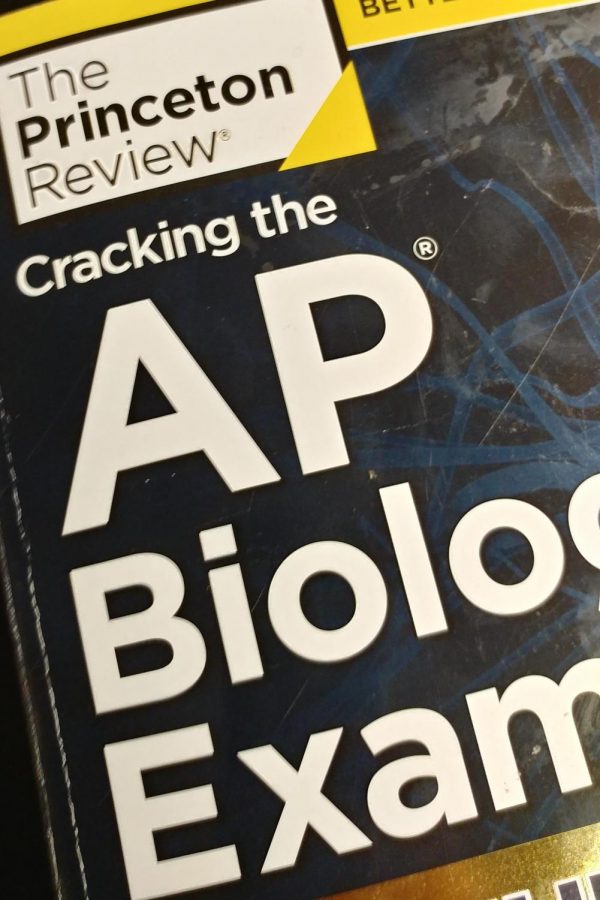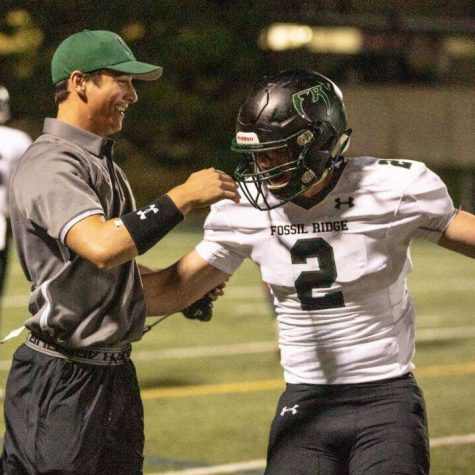What to Expect for Your AP Tests
Advanced Placement (AP) tests are coming up in the first two weeks of May, which means that students will begin studying fervently over these two weeks. There are usually many different questions that arise from these AP tests from new test takers as well as veteran AP testers. I have taken five AP tests over my time in high school and will take two more this May, and I wanted to give my advice to kids who may need help on these AP tests.
The first question people usually ask is how to study for the AP tests. For this, there is no right answer. It all depends on the study habits of the individual, the test being taken, and the amount of preparation spent in class preparing for the test. Teachers are a primary resource, as they have seen and prepared for their specific AP tests for many years. Make sure to use the materials that they give out as a resource to study. In addition, there are many resources available online. College Board, the platform by which the Advanced Placement program operates, contains old tests with answers for every AP test available as well as information packets about the concepts that will be tested. In addition, there are also study books from companies, such as Barron and The Princeton Review, available for every AP test that can be bought online. These books provide example questions as well as review on concepts that could be tested on the exam. There are a variety of ways students can study, and there is no excuse for students to not do so.
In addition, many students also don’t know what to expect from an AP test. In many AP classes, tests that are given can be difficult and grades tend to be lower in those classes as a result. As a result, students are prepared for a very difficult AP test. In some cases, the test ends up being just as difficult as anticipated, and in my experience, I have taken tests that have been impossibly difficult. Other times, I have felt over prepared for the AP test that I take. The difficulty of the AP tests are unpredictable and vary year by year, so it is important not to worry about how hard a test is. Since the AP tests are all curved, it means that you could get anywhere between a 60-70% and still get a 5 on the test. Really, test takers should focus on answering as many questions correctly as they can, and from there they can only really wait and see.
After the AP tests are done and students receive their scores in July through College Board, many students don’t know what to do with their scores. For many underclassmen, their goals should be to get the highest score possible. For upperclassmen looking at colleges, it is very important to see if the college will accept AP tests, and if so, what minimum scores are required to receive credit. Less selective colleges, such as state schools, tend to accept AP credit with lower scores than more selective colleges, so make sure to check College Board’s AP credit acceptance database at https://apstudent.collegeboard.org/creditandplacement/search-credit-policies.
If there’s any final advice I would give, it is to give AP tests the preparation they deserve. Just like anything else important, it is best to give these tests 100% of your time and effort so that you feel satisfied knowing you gave the test your best shot. Even if the test doesn’t turn out the way you wanted it to, know that you can always take the class again, and if absolutely necessary, it is possible to retake the test the next year.
Your donation will support the student journalists of Fossil Ridge High School. Your contribution will allow us to purchase equipment and cover our annual website hosting costs.

Sasha Chappell, senior, is entering his first year on the Etched in Stone staff. As a new journalist, he hopes to bring different ideas to the team regarding orchestra and the vast world of classical music.
Outside of Etched in Stone, Chappell is a cellist involved with the Fossil Ridge High School...











